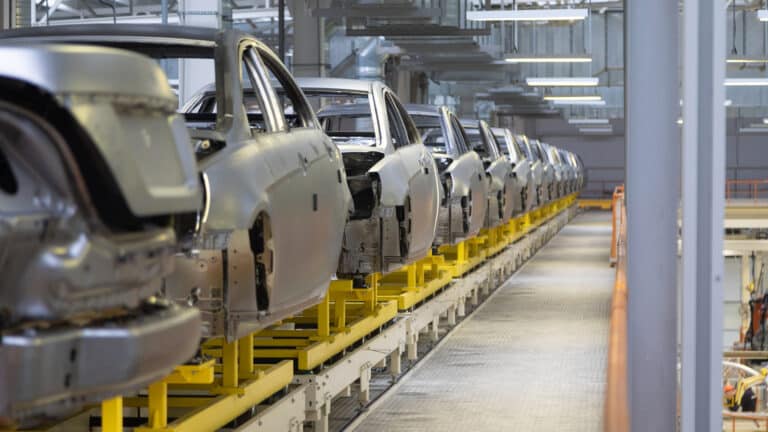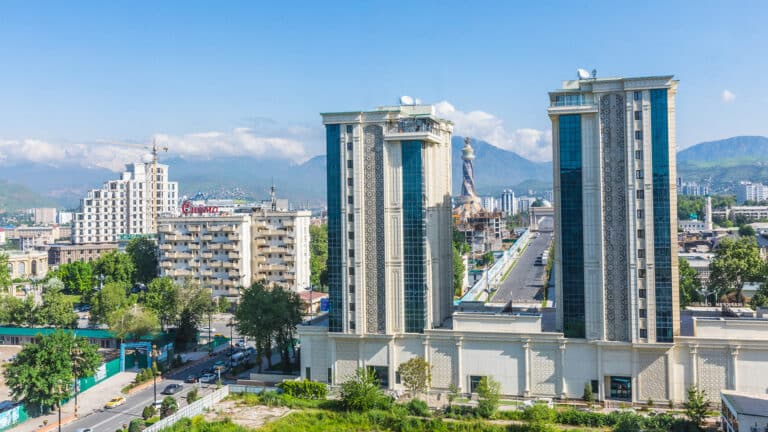
The Freedom Holding Corp. Kazakhstan Manufacturing PMI (Purchasing Managers’ Index) ticked up to 49.9 in July from 49.7 in June, but remained just below the 50.0 no-change mark for the second month in a row.
The main positive from the latest survey was continued growth in new orders, which increased for the eighteenth consecutive month in July. That said, there were signs of demand softening, as the pace of expansion in new business eased for the second month running, to the weakest level in a year.
With new order growth slowing and inventory holdings sufficient to satisfy client demand, manufacturers scaled back production for the second successive month. That said, the pace of contraction was only slight and less severe than that seen in June.
Employment also declined for the second month in a row, as firms responded to weaker output requirements by putting some staff on unpaid leave. Here, the pace of decline quickened and was the steepest since March 2023.
According to Yerlan Abdikarimov, director of the Financial Analysis Department at Freedom Finance Global PLC (a 100% subsidiary of Freedom Holding Corp.), the July PMI data highlight persistent challenges in Kazakhstan’s manufacturing sector.
«Despite softening demand, firms are showing adaptability by expanding their client base. The tenge depreciation has intensified input cost inflation, particularly in import-dependent segments, underscoring the ongoing need for supply chain diversification. Government support – mainly focused on higher value-added manufacturing – has yet to yield a systemic impact but retains potential for longer-term growth. While one-year expectations have been moderately revised, overall business sentiment remains relatively resilient,» he said.
In June, the Freedom Holding Corp. Kazakhstan Manufacturing PMI reached 49.7, dipping below the 50.0 no-change mark following a reading of 51.3 in May. Central to the deterioration in operating conditions was a renewed reduction in manufacturing output, the first since February 2024. Production was down solidly amid softer new order growth and reports of production pauses to repair machinery.













